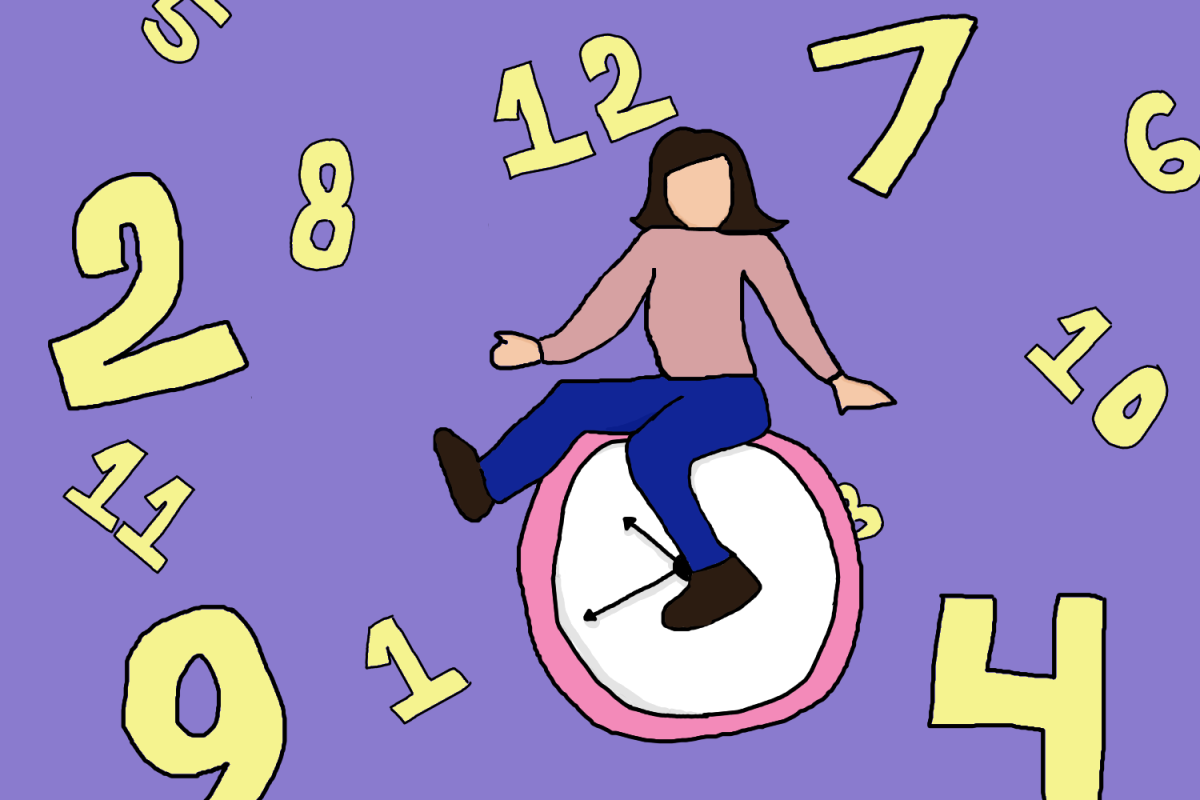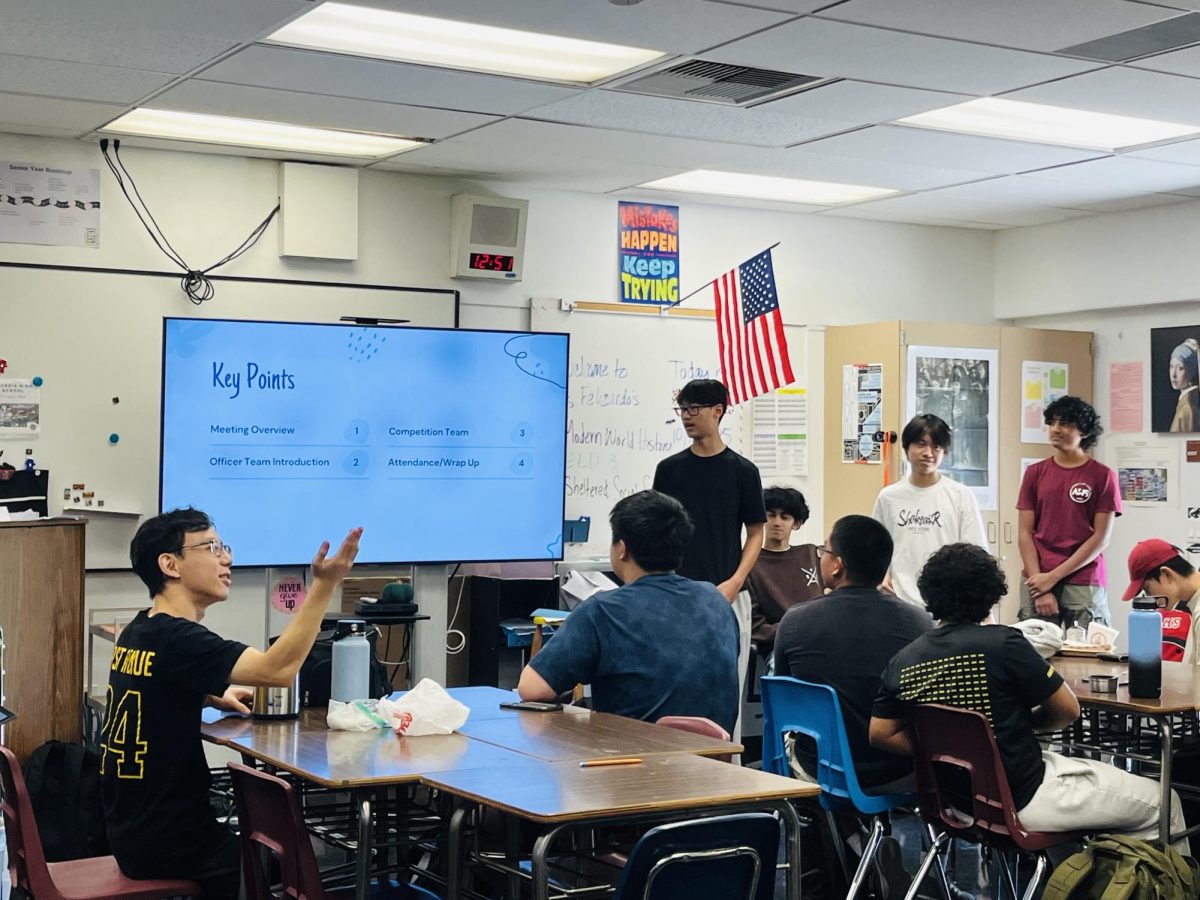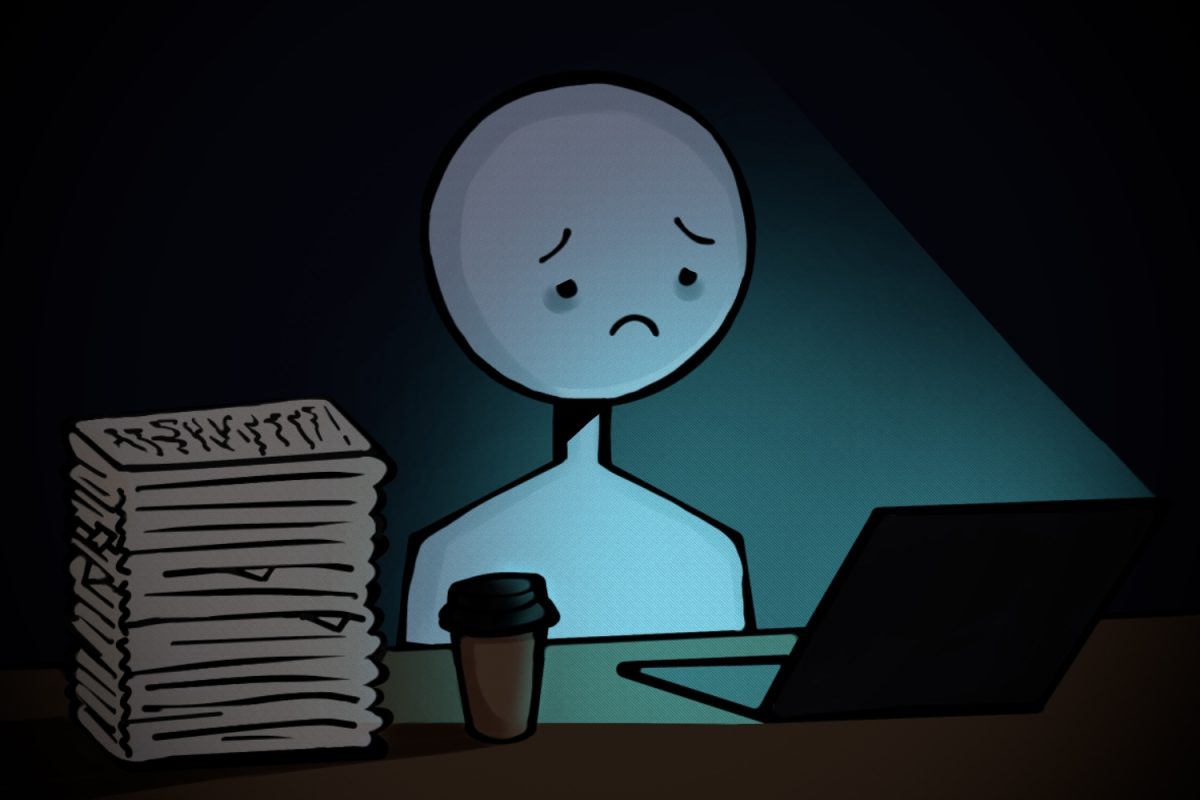Buried deep within history, mental health has long been shrouded in silence, a topic not often discussed. Yet even now, in a world where technology has advanced, these echoes of silence persist, perhaps now more dangerous than ever. During the spring of 2023, the United States Surgeon General, Dr. Vivek Murthy, MD, MBA, issued an advisory titled “Social Media and Youth Mental Health.” Within this advisory, Dr. Murthy highlighted evidence showing that social media is contributing to adverse effects on the mental health of young individuals. In fact, a study done by the American Psychological Association in 2022 found that Generation Z has one of the worst mental health compared to other generations, with more than 70% saying that their mental health needs the most attention.
“I agree that Gen Z has been negatively impacted by the rise of social media usage,” stated senior Anushka Rajendra, “there’s a lot of negative stuff online that can impact students for the worst.”
As we confront these unsettling truths, we turn our attention to March 2, World Teen Mental Wellness Day. Started by Hollister, a retail brand owned by Abercrombie & Fitch Co, as a part of their Hollister Confidence Project, the day is a part of a year-round people-powered program dedicated to helping and empowering teens worldwide. Specifically, they provide tangible support by granting funds to non-profit groups and projects focused on various aspects, such as teen mental health and equality.
Inspired by Hollister’s initiatives, other companies, blogs, and websites are also stepping forward, releasing valuable information on educating peers about mental health and providing guidance on seeking help when needed. These include, but not limited to, Mind, a teen friendly educational awareness website; Psychology Today, directory of therapists and professionals; and The Mighty, a platform that publishes real stories from firsthand experiences.
Sophomore Austen Prak agrees on the importance of prioritizing teen mental health.
“I think it is important because teens are still growing and they’re not mentally strong yet, so it is important for them to develop their mindset,” stated Prak.
While we have made significant strides in understanding mental health, it is crucial to acknowledge that there is still a standing linger in the way we approach mental health today. To combat this lack of awareness and foster a supportive environment for students, Arcadia High School (AHS) has taken a proactive step by establishing our very Wellness Center and a website with tons of resources. Led by a collaborative effort between the administrative team, the counseling staff, and Social and Emotional Learning Counselor Dr. Deja Anderson the center was conceived with the students’ well-being in mind.
“[It was created] with a goal of giving students a space to take care of their mental health and wellness during the school day,” stated Dr. Anderson.
Officially launched prior to the arrival of the individual who provided this information, the wellness center faced its initial challenges during the pandemic. With students not physically present on campus, spreading awareness and garnering participation proved to be a hurdle. However, as school activities resumed in person, the center could more effectively promote its services and engage with students directly.
I think it was difficult since we were not on campus and students had to learn about us through an online environment,” stated Dr. Anderson, “now we returned to school and could advertise, I believe it made it easier for our students to learn about our services and seek them out.
Upon entering the wellness center, students are required to sign in before accessing the available resources. Staffed by counseling interns and overseen by the individual responsible for its inception, the center offers a variety of activities and materials aimed at managing stress and promoting mental well-being. From journaling and coloring to guided meditations and self-care manuals, students have an array of options to explore based on their needs and preferences.
[The atmosphere] was very welcoming, and the activities made it a fun place to destress,” shared Rajendra, who previously visited the center.
Furthermore, the individual behind the initiative extends their reach beyond the wellness center by providing classroom lessons to students across different grade levels. These lessons cover topics such as stress and anxiety, depression, healthy relationships, consent, harassment, and assault, ensuring that mental health education is integrated into the school curriculum and reaches all students.
As we continue to confront the lingering stigma surrounding mental health, initiatives like the Wellness Center at AHS serve as evidence to the ongoing progress that has been established. How do you prioritize your mental well-being, as well as that of those around you?
Photo Courtesy of FREEPIK.COM







